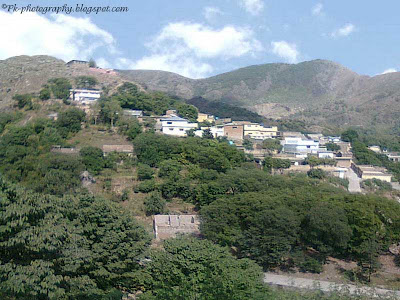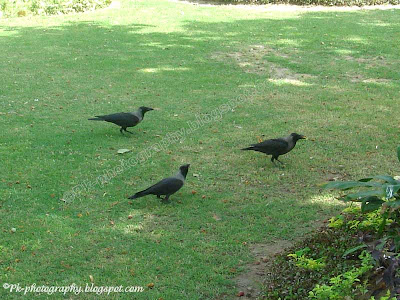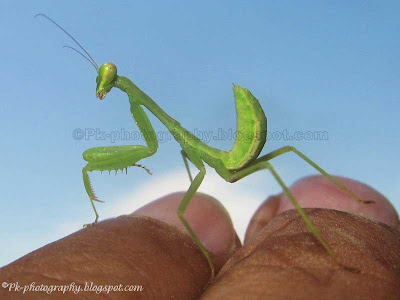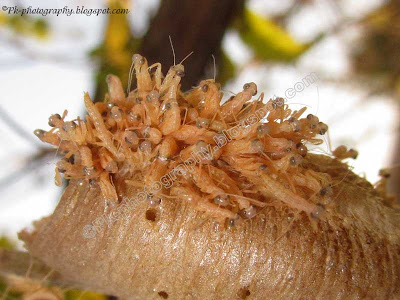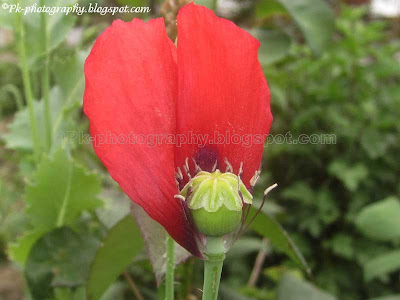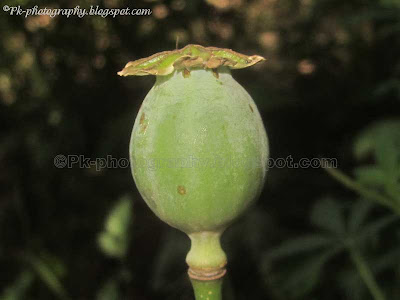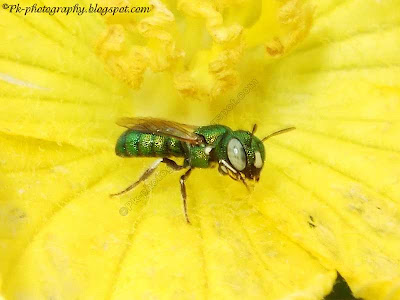The House Crow (
Corvus splendens), also known as the Colombo Crow is a common bird of the family Corvidae (Crow family). It's about 40 cm long and weigh about 250-350 gm. Breast forehead, crown, throat and upper are a richly glossed black, while the neck and breast are a lighter gray-brown. The wings, tail, bill and feet are black. They are omnivores, feeds on a variety of things including seeds, fruit, bird’s eggs, nestlings, reptiles, amphibians, fish, insects and carrion. Adverse impacts include food theft, crop-raiding and damage to livestock
House Crow




